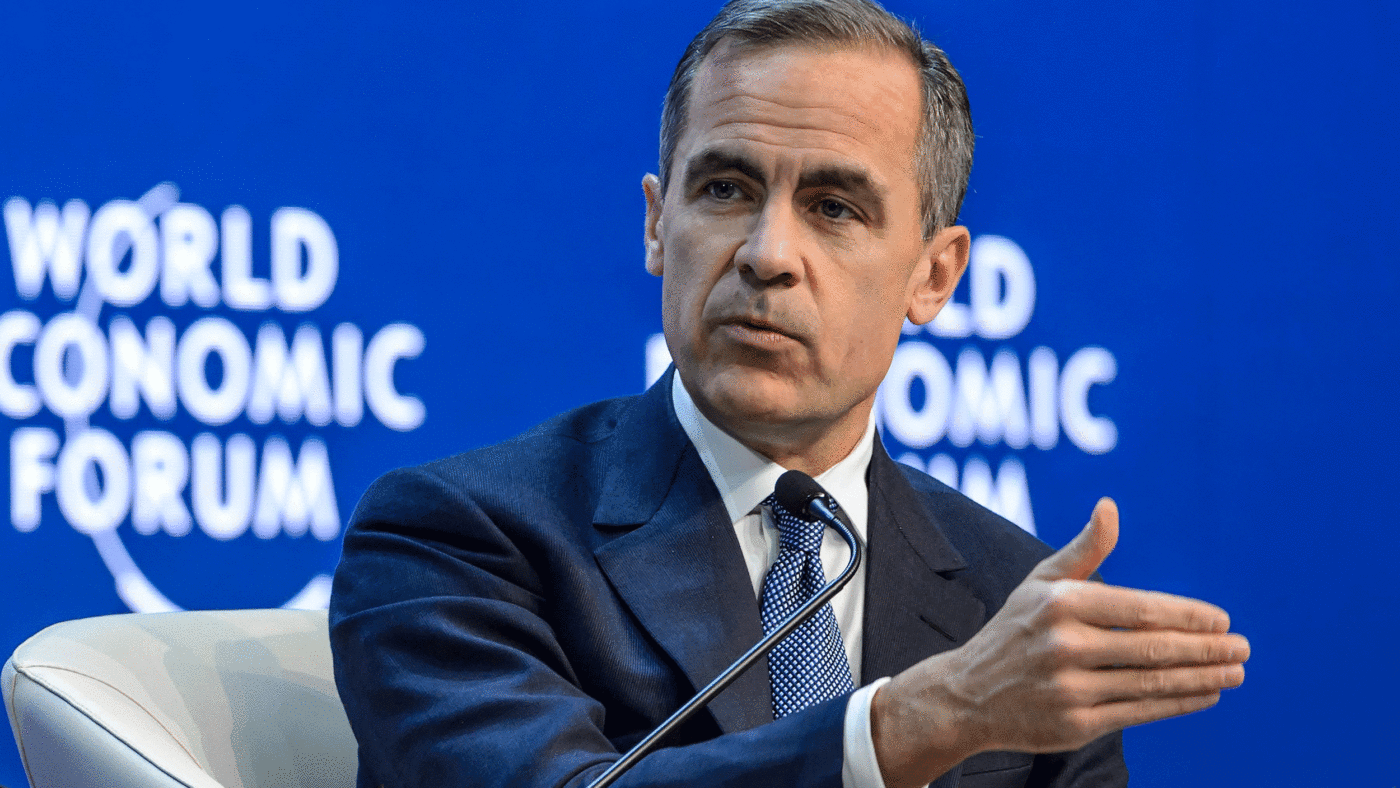Mark Carney was the Fabio Capello of central banking. Fed up of being defeated in the quarter finals of the World Cup, the Football Association scoured the world with an open cheque book in the belief that if you paid a knock-out salary to recruit the best manager you would end up with a knock-out performance. So it came about that Capello was paid the equivalent of €8.8m a year – nearly three times as much as the next highest-paid manager at the 2010 World Cup. And the result? England did get a knock-out performance of sorts – they were knocked out in the round of 16 instead.
Similarly, George Osborne set out with bags of gold in the belief that money could buy him the world’s greatest central banker and transform the UK’s economic performance. The result was Mark Carney being whisked in from Canada to be appointed Governor of the Bank of England on a salary of nearly £900,000 a year – and Britain ending up with an economy even more pumped up on cheap debt than it was before. Carney’s good luck was in getting out just in time, before the consequences of a decade of quantitative-easing and near-zero interest rates made themselves known.
Carney has since reinvented himself – as so many public figures seem to do now when they have got as far as they can in politics, banking or whatever – as a sage on climate change, in which guise he has been at Davos this week. His particular contribution was to warn, beginning in a speech while still governor in 2015, that oil and gas investments would soon become ‘stranded assets’, whose collapse in value would undermine the global economy. Had you ignored him, or even taken his words as a ‘buy’ signal, you would be doing pretty well now. Oil and gas has been one of the success stories of investment since the market bottomed out very soon after Carney’s speech. Barring a brief collapse during the pandemic, oil shares have surged. Meanwhile, the S&P Global Clean Energy Index was down 20% in 2023.
But no matter, Carney is still on hand to offer his very useful advice. His latest contribution is to attack Rishi Sunak’s very slight watering-down of Net Zero policies last year – the postponement of the ban on new petrol and diesel cars from 2030 to 2035, and the reversal of a proposed ban of oil-fired boilers as well as on the letting of property with an Energy Performance Certificate rating of less than C.
‘What I didn’t like, at least what it looked like to me, is that policies were being taken off the table certainly without replacements being put in and that they were being done for purely political signalling purposes,’ he told an audience at an event organised by his new employers, Bloomberg. ‘This is not the right environment to keep investment focussed and flowing as it should.’
It surely should not come as that much of a surprise when a politician does something political. The point of being Prime Minister is that you are not just serving business interests – and certainly not just one branch of business, that involved with green stuff – but that you are serving an entire country. Sunak changed the government’s green policies because he could see that they were in danger of imposing unreasonable costs on millions of ordinary people, and that the burden of Net Zero is falling most heavily on those with modest incomes. To ignore that is classic Davos Man. That is why, thankfully, most countries have governments based on democracy rather than plutocracy – although one sometimes wonders during World Economic Forum week whether we don’t actually have the latter in disguise.
It is not even true that Sunak did not introduce other Net Zero policies to replace the ones he watered-down. He increased the grants available for heat pumps from £5000 to £7500. He also made an extra £1.5bn available for the grants, so that the pot will now cover more installations. Sunak, in effect, exchanged a stick for a carrot – but Carney chose not to notice that.
By the way, if being overtly political is such a bad thing, why did Carney agree to appear in a video at the Labour Party Conference plugging Rachel Reeves? Okay, Carney is no longer a public servant in Britain and so is free to do as he likes – but even so it does come across as just a tad hypocritical when you are criticising a Prime Minister for making political decisions.
Click here to subscribe to our daily briefing – the best pieces from CapX and across the web.
CapX depends on the generosity of its readers. If you value what we do, please consider making a donation.


